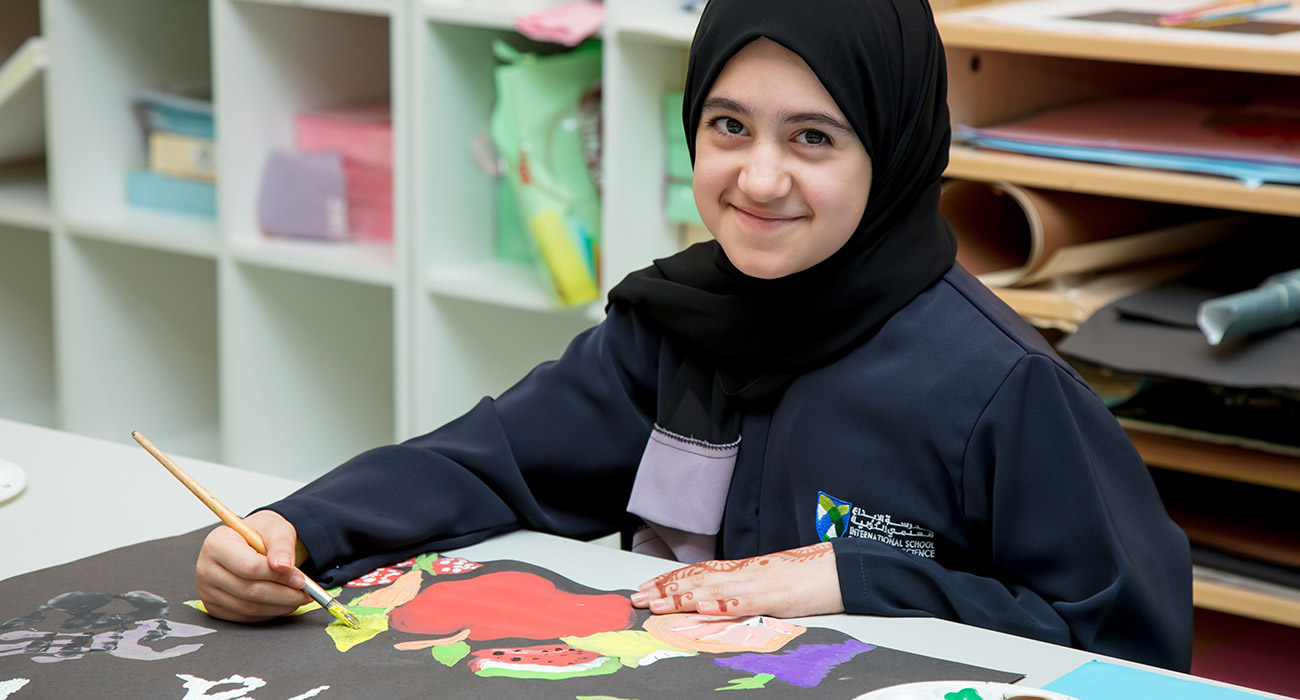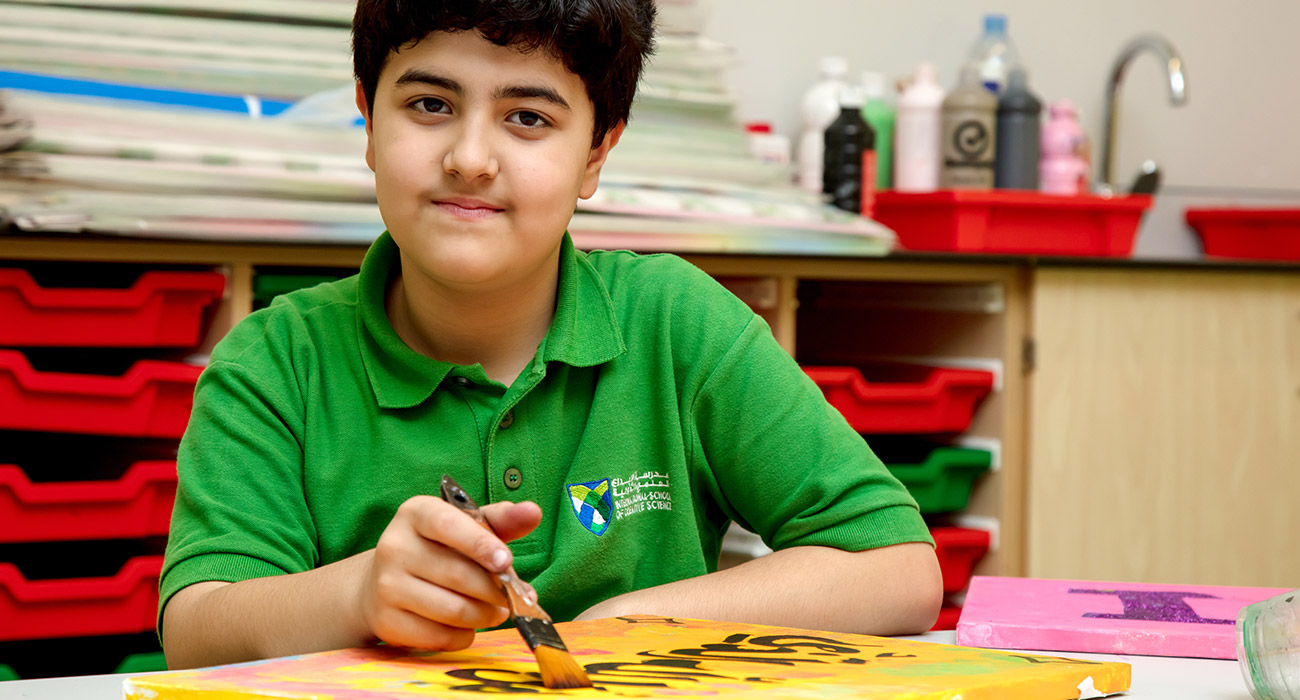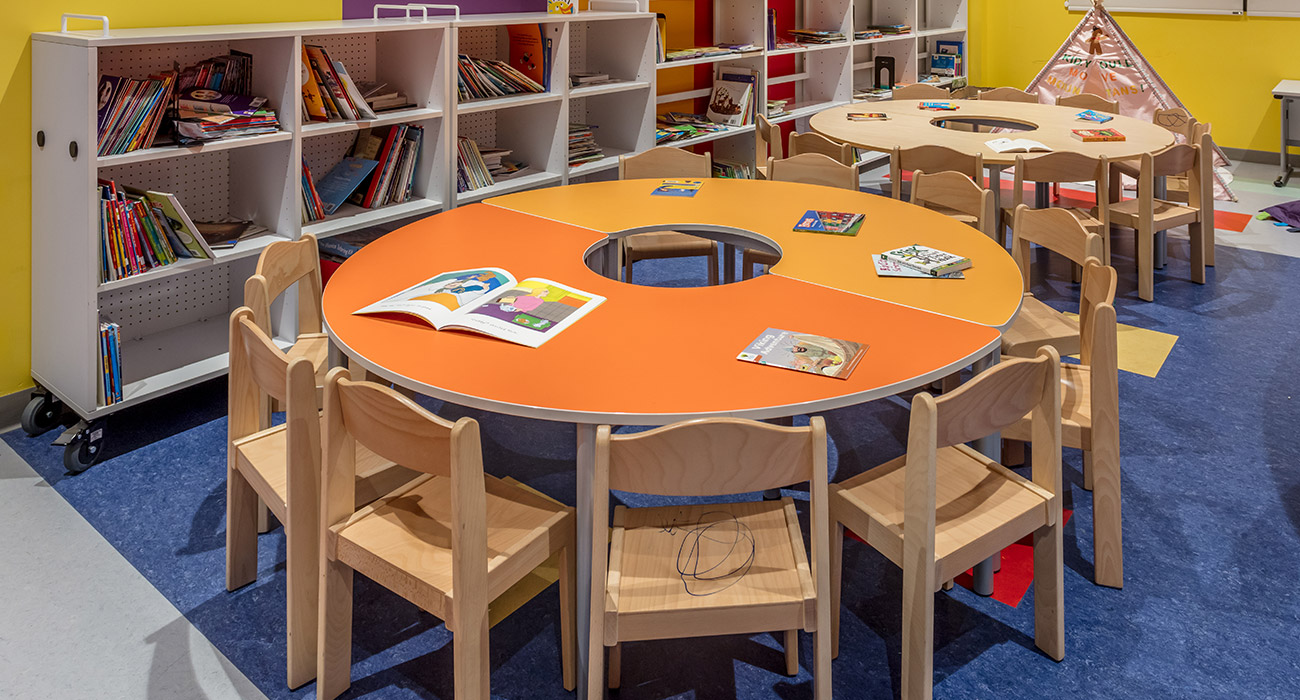
Leadership in Young Learners

Whilst every child has the potential to be a leader, but that potential has to be nourished and encouraged in a way that leads to positive development. As parents, teachers and caretakers of children, we can influence their path towards becoming positive leaders in our community, society and the wider world.
Lead by example…
One of the hardest parts of positively influencing children is modeling the right behaviours for them. Often, we approach bringing up children with a “do as I say, not as I do” attitude. Unfortunately, whilst this is the easier way, it’s not effective. When an adult’s words and actions are aligned with a message, there’s a better chance of a child actually taking on board what’s being said. So, whenever you can, “walk the talk.” Show them what a leader looks like and how being a good leader can have a positive impact on others.
But remember to show you’re human.
Encourage diversity and inclusion in activities to show them multiple perspectives, and emphasise character traits such as trust, honesty, respect, and integrity. Just remember that you’re only human, and that you’ll make mistakes. When you do, don’t hide. Children should see that we can make mistakes and instead of carrying guilt, we can gracefully recognize our mistake and accept responsibility for our actions.
This also means giving them space to make their own mistakes.
As adults, we’re very tempted to jump in and help a child when they’re struggling, even if they haven’t asked for help. Consider taking a step back and letting them work on a problem themselves. Encourage them to ask if they need help and step in afterwards once they’ve given their best effort. Help them break down the issue into small goals and projects. However, in the meantime, let them experience risk and failure. Leaders are often tasked with risk-taking and have to accept the inevitability of failure, big or small. By helping them afterwards, you can foster values of reflection, analysis and problem-solving.
But make sure you take an active interest.
Try to understand their interests, including beliefs, trends, and hurdles they encounter and how these might impact their capacity for leadership roles. You’ll be showing them the importance of listening skills, a key for any successful leader. The more they practice listening as a skill, the more intuitive it becomes. But as we said before, you’ll need to show them by actively listening as well.
And there’s nothing wrong with healthy competition…
Competition is healthy, and when there is a winner and a loser, your child can learn about being a good sport, despite their personal achievement or loss. Encourage perseverance overall so that they learn to try again and aim for success. Use their heroes as examples. Most successful people tend to learn from failure early in their lives before achieving success. Of course, this comes from hard work. Hard work doesn’t come naturally to everyone, so get them used to work opportunities from a young age. Leaders tend to be hard workers.
Just don’t obsess about achievement.
Being fixated on results can teach children that being “the best” is what’s most important. Whilst that might be the case for some leaders, many understand the importance of teamwork and surrounding themselves with people that have complimentary skill sets. That means they have identified that others can be better than them at certain things, and they see that as valuable. Leaders learn to leverage these skills to achieve their goals.
Yes, some children have more traits associated with leadership than others, but the truth is that leadership is a skill that can be instilled and developed in all children by taking the right steps. Remember, the beauty of building the foundations for children to become leaders is that the little things we do every day have an enormous impact.










